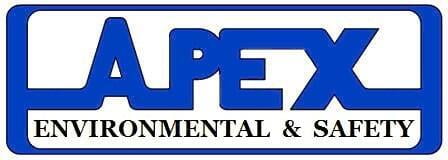What is the OSHA 300 Log?
The Occupational Safety and Health Administration (OSHA) 300 Log is an essential record-keeping tool that helps employers track work-related injuries and illnesses at their facility. It's officially known as the Log of Work-Related Injuries and Illnesses and is a part of mandatory record-keeping required by OSHA.
Purpose and Functionality of the OSHA 300 Log
Tracking and Analysis: It helps employers keep a record of occupational injuries and illnesses, providing detailed information including the date of injury or illness, the employee involved, the days away from work or job transfer, and a brief description of the incident.The OSHA 300 Log serves several critical functions for a facility:
Workplace Safety Improvement: By analyzing the data, employers can identify patterns in injuries and illnesses, and implement measures to prevent future occurrences, thereby improving workplace safety.
Regulatory Compliance: It ensures compliance with OSHA's record-keeping standards, which is vital for inspections, data collection, and for assessing the effectiveness of occupational health and safety programs.
Transparency and Communication: The log also fosters transparency and open communication about workplace safety between management and employees.
Posting Requirements
Facilities are required to maintain the OSHA 300 Log on an ongoing basis but must also post the OSHA 300A summary, which is a compilation of the yearly total of the recorded injuries and illnesses, in a conspicuous location from February 1st to April 30th each year. This summary must be posted where it's accessible to all employees.
The posting of the OSHA 300A summary ensures that employees are informed about the safety performance of their workplace and the occurrences of past injuries or illnesses.
Who Must Keep an OSHA 300 Log?
Most employers with ten or more employees at any time during the previous calendar year are required to keep OSHA injury and illness records. However, certain low-risk industries are exempted unless specifically requested by OSHA or the Bureau of Labor Statistics (BLS) for data collection purposes.

